|
by Dark Watcher |
|
|
China has been a piracy plague for videogame manufacturers for years. Many home consoles have been cloned and sold throughout the
streets of Hong Kong. Why spend more money when you can get a cheaper clone? Although many of their older consoles have been cloned, Nintendo realized there was still money to be made there. In November of 2003, they announced a low cost system to debut in China. This new system, called "iQue" (rough translation = God's Toy), was not necessarily a new console from a technological perspective. Nintendo used nanotechnology on their Nintendo 64 console to create a single chip solution containing CPU, Graphic Engine, etc. This new design allows doubled operating speed, reduced electronic noises, low power consumption, and most noticeably a reduced size. The heart of N64 has been built into a single controller. What makes it even more interesting is the fact that the iQue, although essentially an N64 machine, does not use cartridges. The console uses a 64 MB Flash Card as its game media. These Flash Cards are used to download and store N64 game ports. The overall concept works similar to Nintendo's efforts with the Famicom Disk System. Gamers simply purchase a game title and download it onto their Flash Card. This design makes the games cheaper for purchase. |
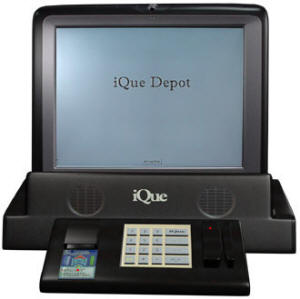 |
|
So how will Nintendo discourage piracy? Each iQue flash card contains a digital signature specific to that unit. So a flash card from
one iQue will not work in another. The flash card also stores a download log. This log records what games have been purchased. This
will prevent downloads of games not purchased. It also works for the gamer. If a purchased game is deleted simply to make room for
another game, it can be downloaded again for free the next time. This download log system is also used to allow time limited game
demos. The iQue retailed for Yuan 598 (Less then $100 USD). It comes packaged with the unit, a power supply (220V), and the 64 MB flash card containing 5 pre-downloaded games. Doctor Mario is a full version title, but Zelda 64: Ocarina of Time (10 hours), Mario 64 (7 hours), Wave Race (1 hour) and Star Fox (1 hour) are time limited demo versions. The package also contains a serial number and password that allow you to obtain new titles via iQue Depots at locations throughout China. Games cost approximately $6 USD and include the game manual. An interesting device that can be imported, but may also appear on other shores. FACT: The Nintendo iQue uses an operating system called UOS (Updateable Operating System). This allows Nintendo the ability to apply system updates which are stored onto their flash card. |
|
|
by Marriott_Guy |
|
|
One of the lesser known consoles released by Nintendo, the iQue Player (iQue) debuted in China on November 21, 2003. The published
intention of this system was to allow gamers easy and affordable access to past game releases for the Nintendo 64. In reality, the
truth behind its incarnation seems to lie somewhere in between their attempt to govern the illegal distribution of game ROMs while
profiting from the reissuing of past games. Though plans to release the iQue worldwide were in the works at the time, this console was
only sold in China. Targeting the Chinese audience was not done by accident - digital copyright laws differ significantly from those
employed in the US. Strongly resembling a plug-n-play device, the iQue is indeed a stand alone console on all levels. The iQue does not offer anything new to the gaming world technologically. Inside this system resides a R-4300 64Bit CPU that is based on the same chip used in the Nintendo 64. Graphically, games are able to be displayed using 2.09 million colors at a maximum rate of 100,000 polygons per second. This sturdy, stylistic unit plugs directly into the television AV ports (composite). Though only one controller interface is provided, an expansion pack (Nintendo iQue Family Pack) is offered, sold separately, allowing multiplayer gaming. Speaking of software, unfortunately the iQue Player offers absolutely nothing new for the gamer. |
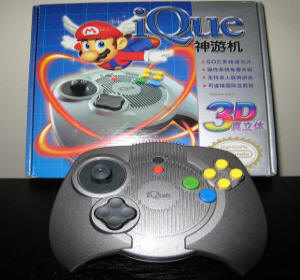 |
|
The iQue solely uses ports of existing games from the Nintendo 64. Games are played from and stored on 64 MB flash cards that
are inserted into the bottom of the unit. The system itself comes with time-limited demos of The Legend of Zelda: Ocarina of
Time, Super Mario 64, Wave Race 64 and Star Fox 64 along with the full version of Doctor Mario. Additional
titles are purchased through official iQue distributors (downloaded onto the flash cards). Games are exactly as they were at the time
of their original release (with the exception of some translation), though graphics have been updated slightly. Game downloads sold for $5-$10 USD. A nice thing about the
system was that the Flash cards are rewritable but retains your download history for purchased games (so you can reinstall them at no
charge if you run out of room and need to delete a title). As of this writing, there are 14 known game ports for this system. Overall, this console is nothing more than a compact, glorified N64 port machine aimed at thwarting piracy (ROMs) and attempting to cash in as well. These systems are somewhat rare, but not entirely. Do not spend a great deal in investing in these systems. A CIB unit should run you around $100 USD, with about $45 S/H from China. This console should go up in price in time due to its limited release in China. If making the purchase, due so for collection purposes only, not for a new gaming experience. |
|
|






 2010s - NOTES
2010s - NOTES


 MODELS
MODELS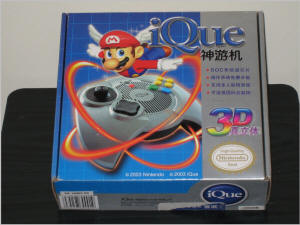
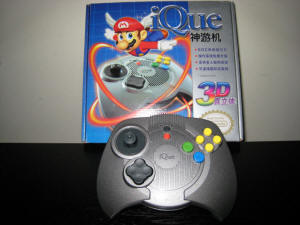
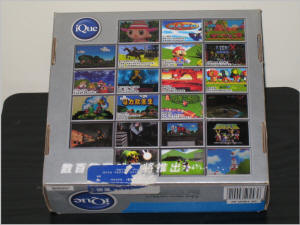
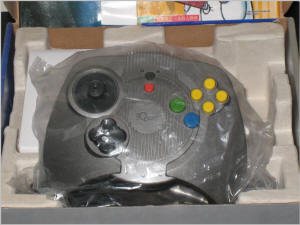
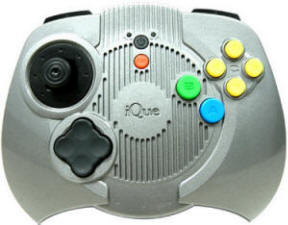
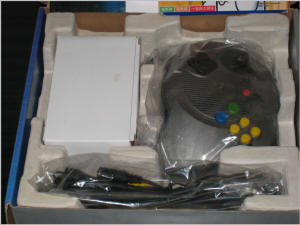
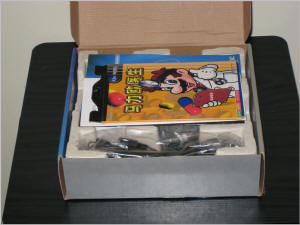
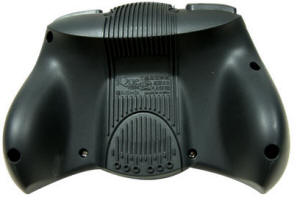
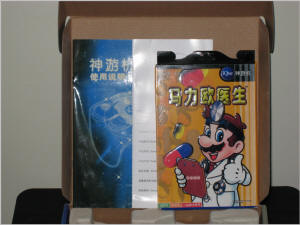
 CLONES
CLONES CONSOLE RATINGS
CONSOLE RATINGS
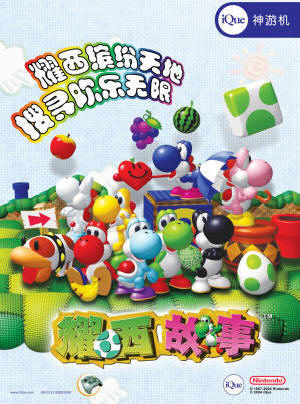
 FORMAT, PACKAGING & GENERAL INFO
FORMAT, PACKAGING & GENERAL INFO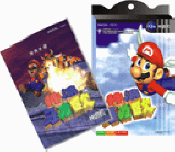
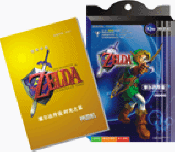
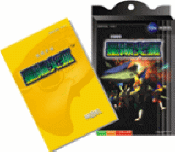
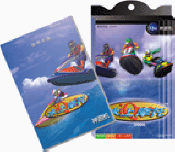
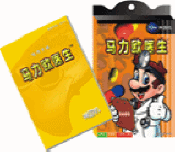
 SCREENSHOTS
SCREENSHOTS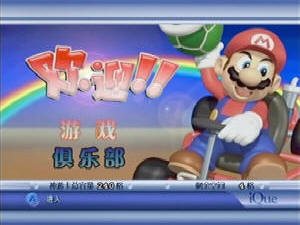
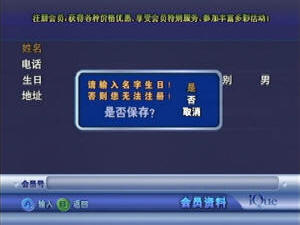
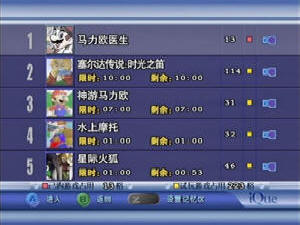
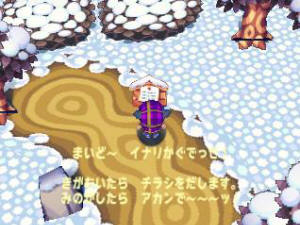
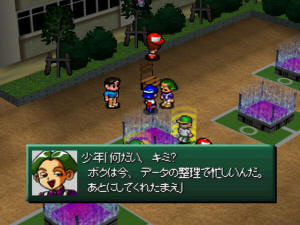
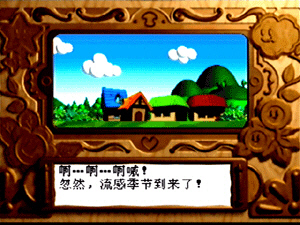
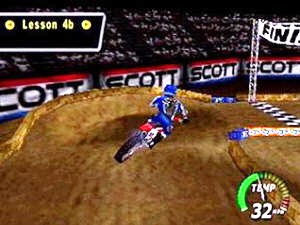
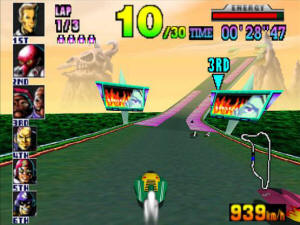
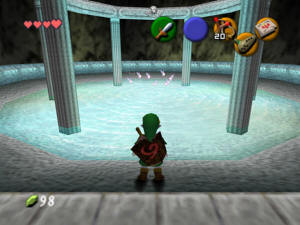
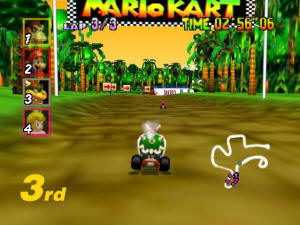
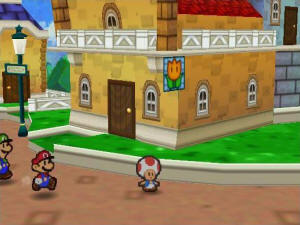
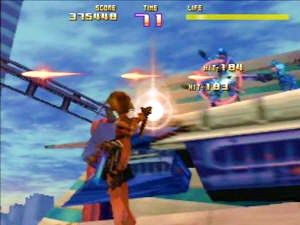
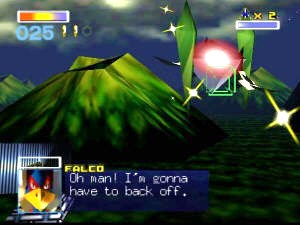
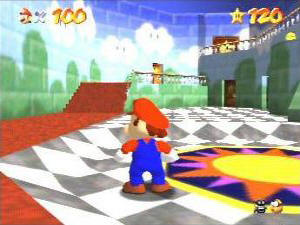
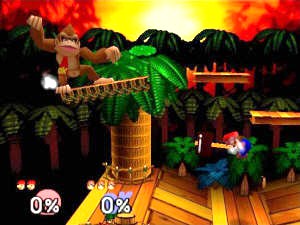
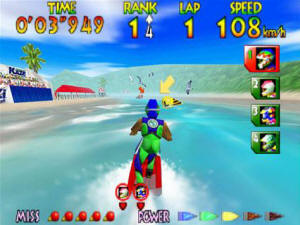
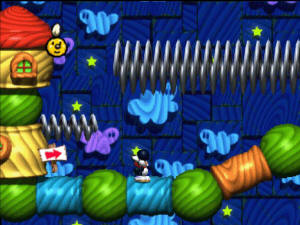
 EMULATION
EMULATION SPECS & MANUALS
SPECS & MANUALS OTHER
MEDIA
OTHER
MEDIA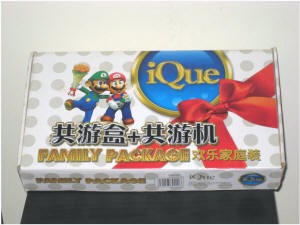
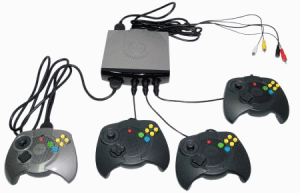
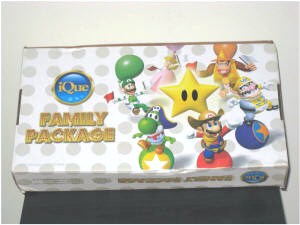
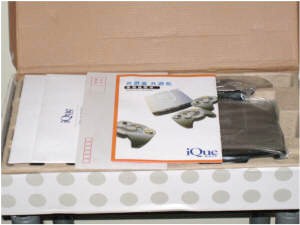
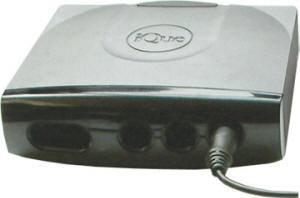
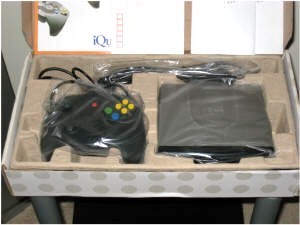
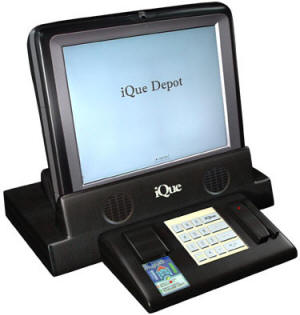

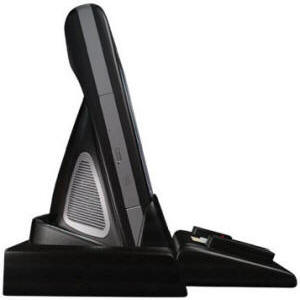
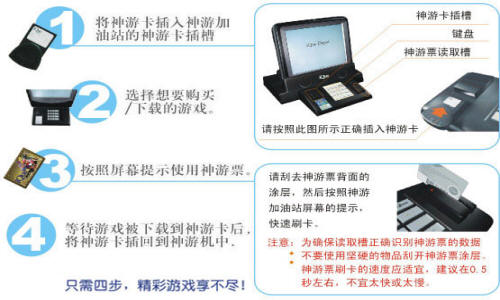
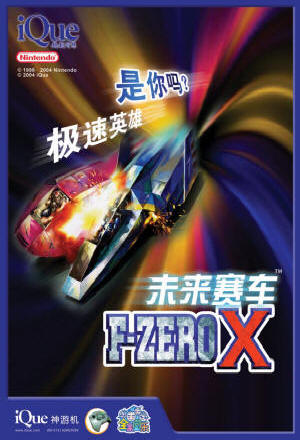
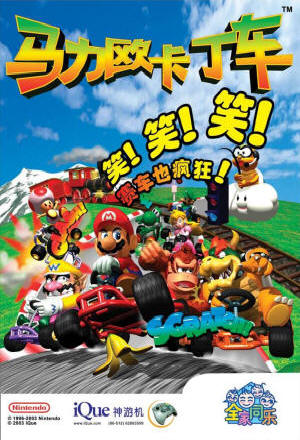
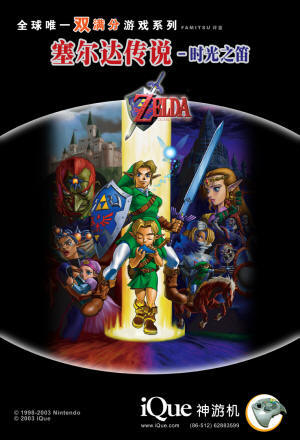
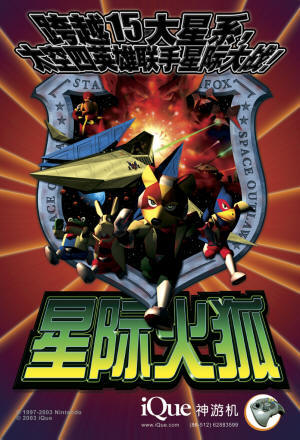
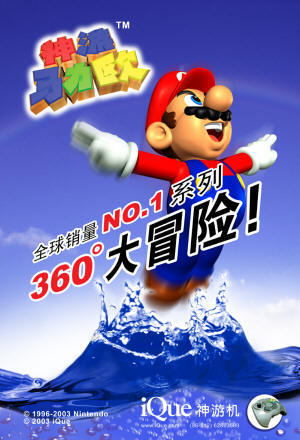
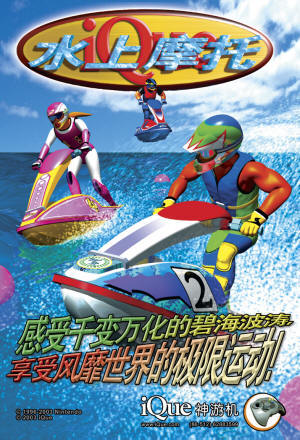
 WEB RESOURCES
WEB RESOURCES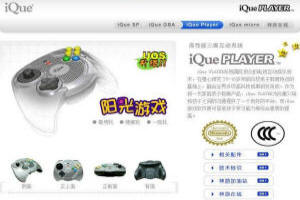
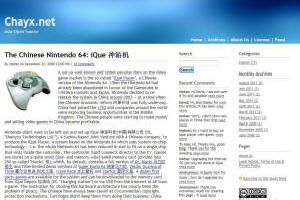
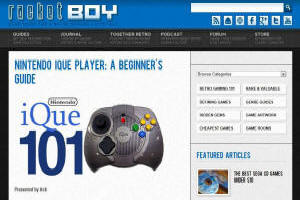
 DISCUSS
DISCUSS